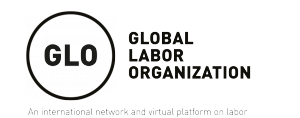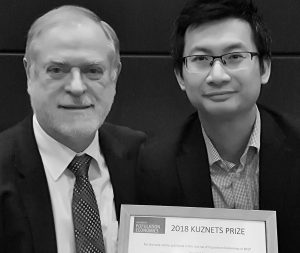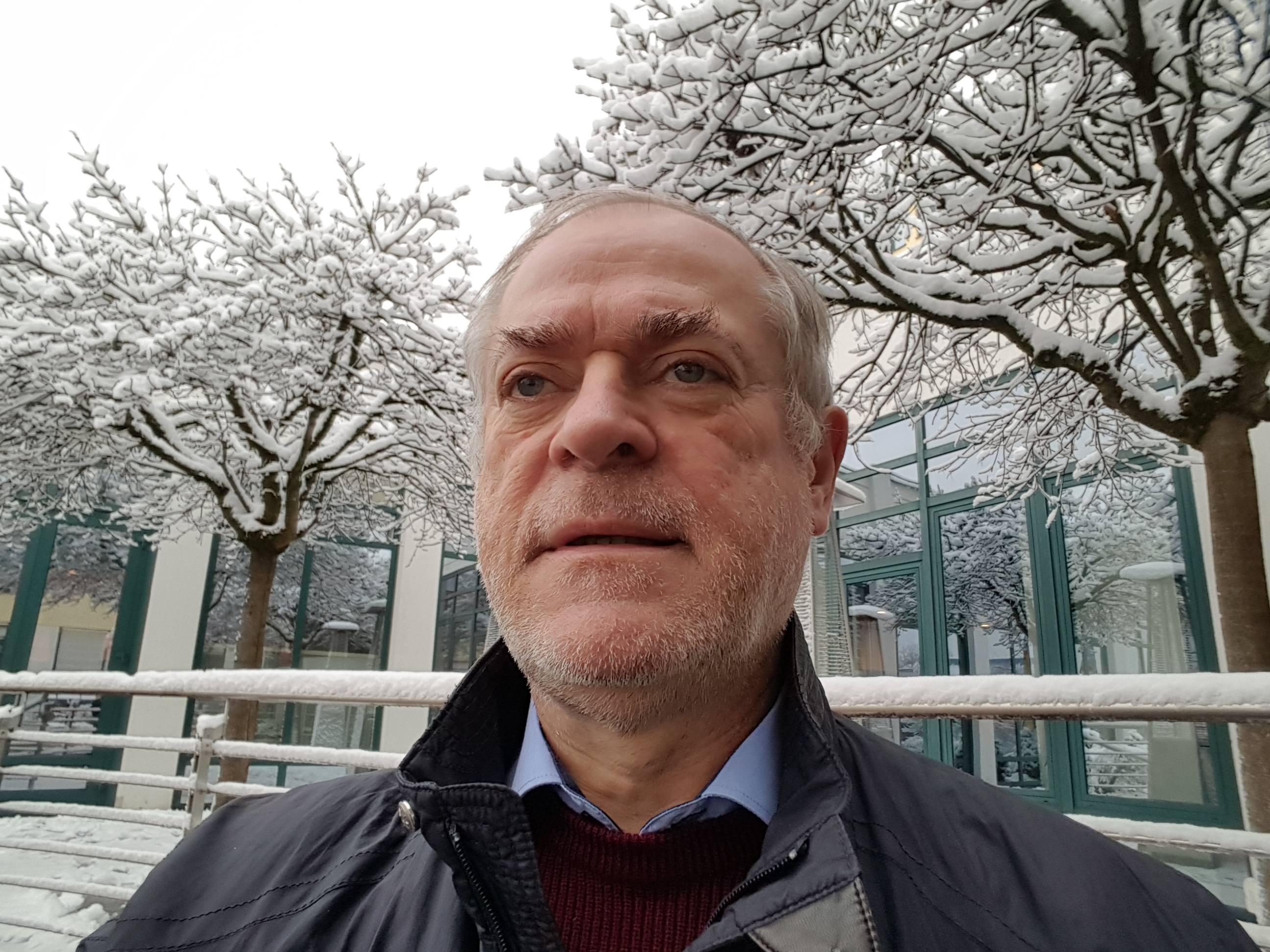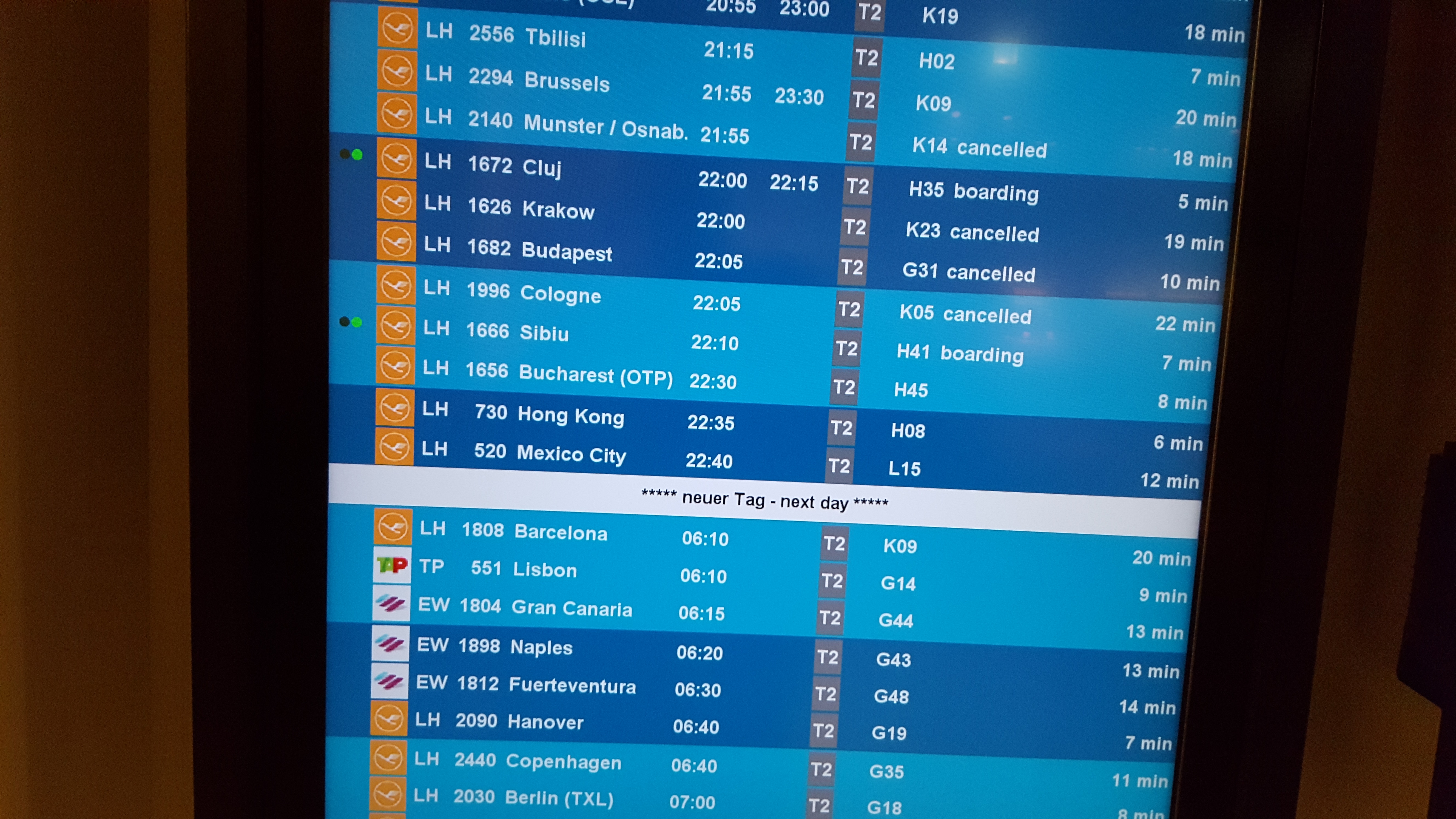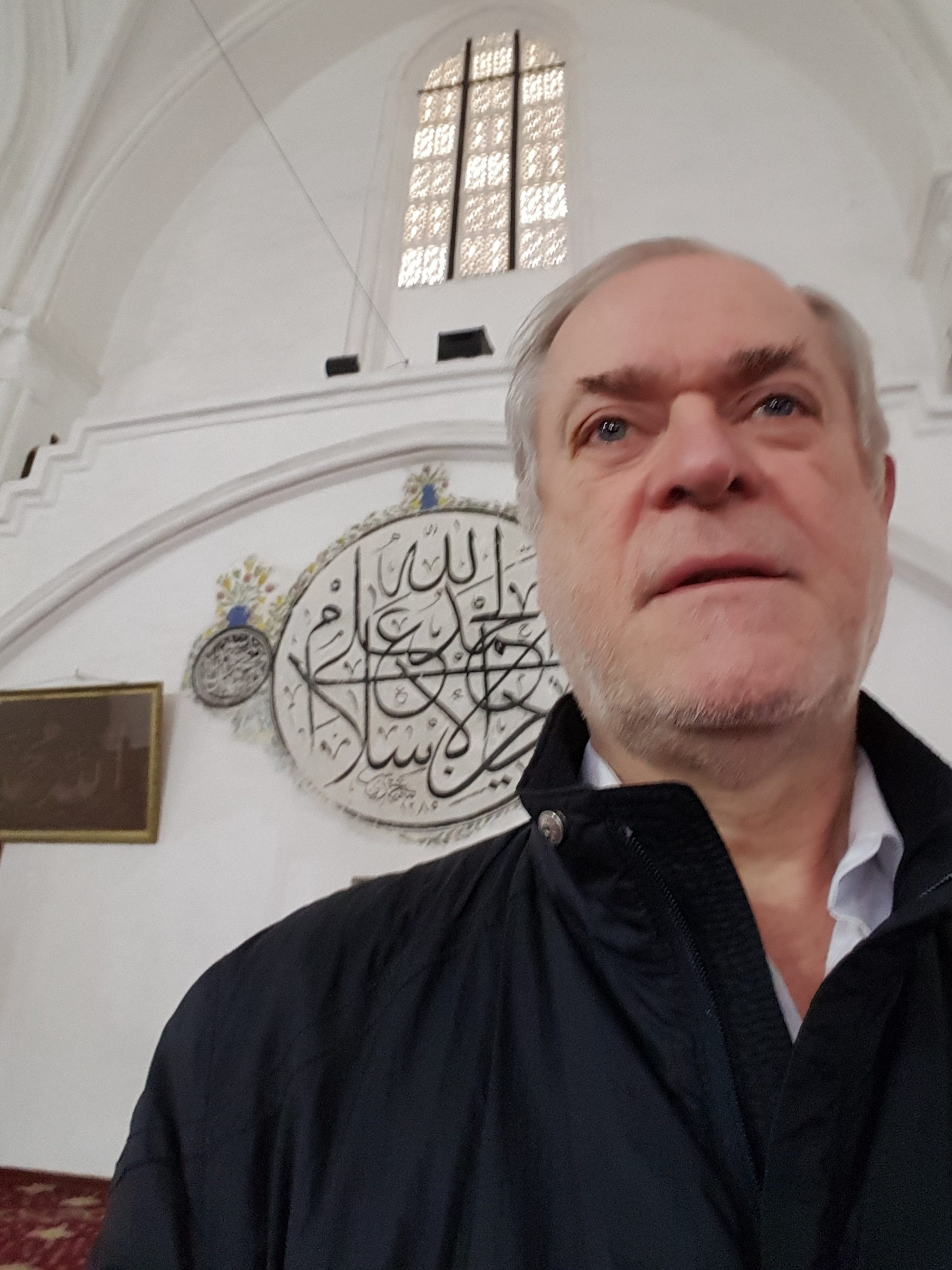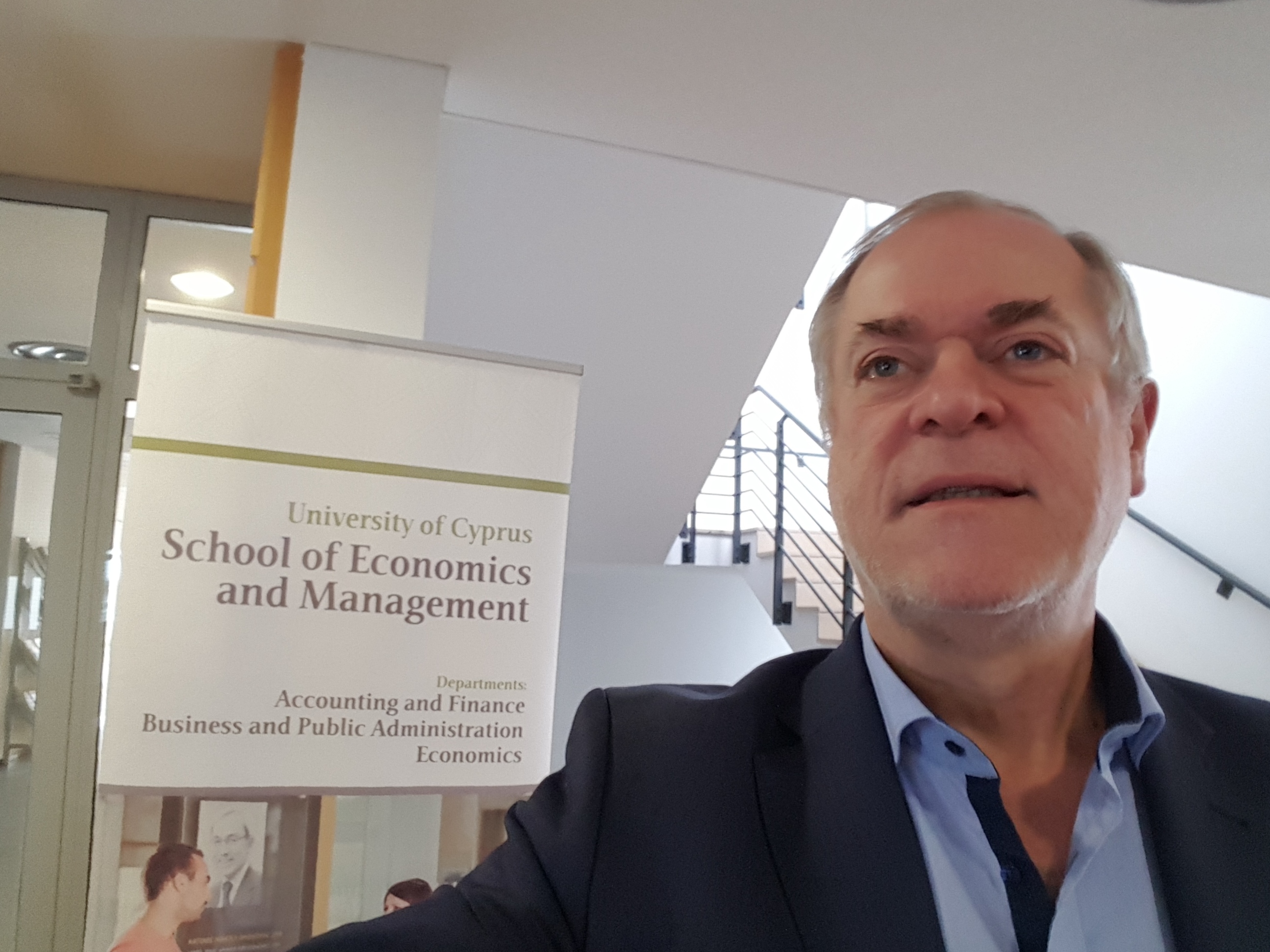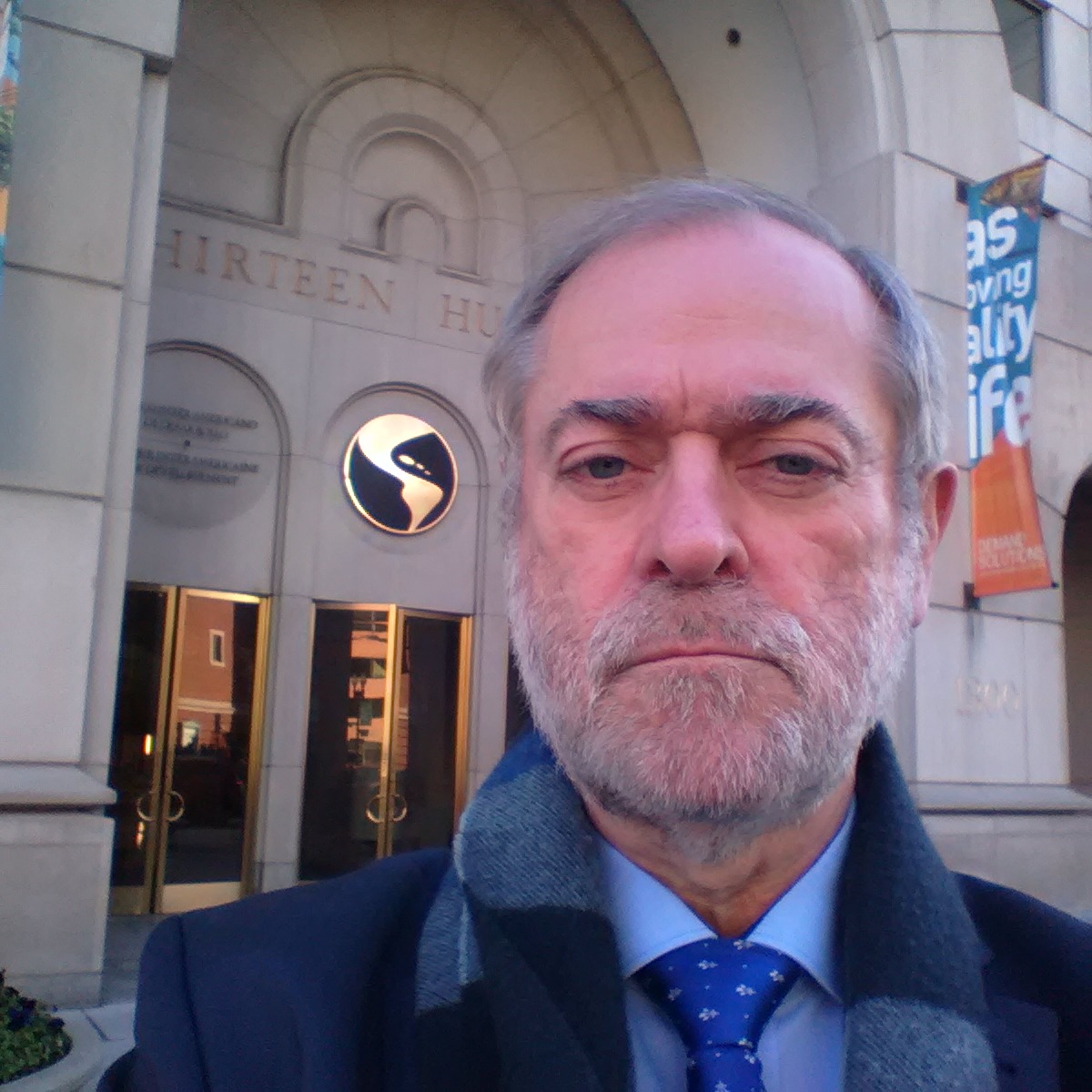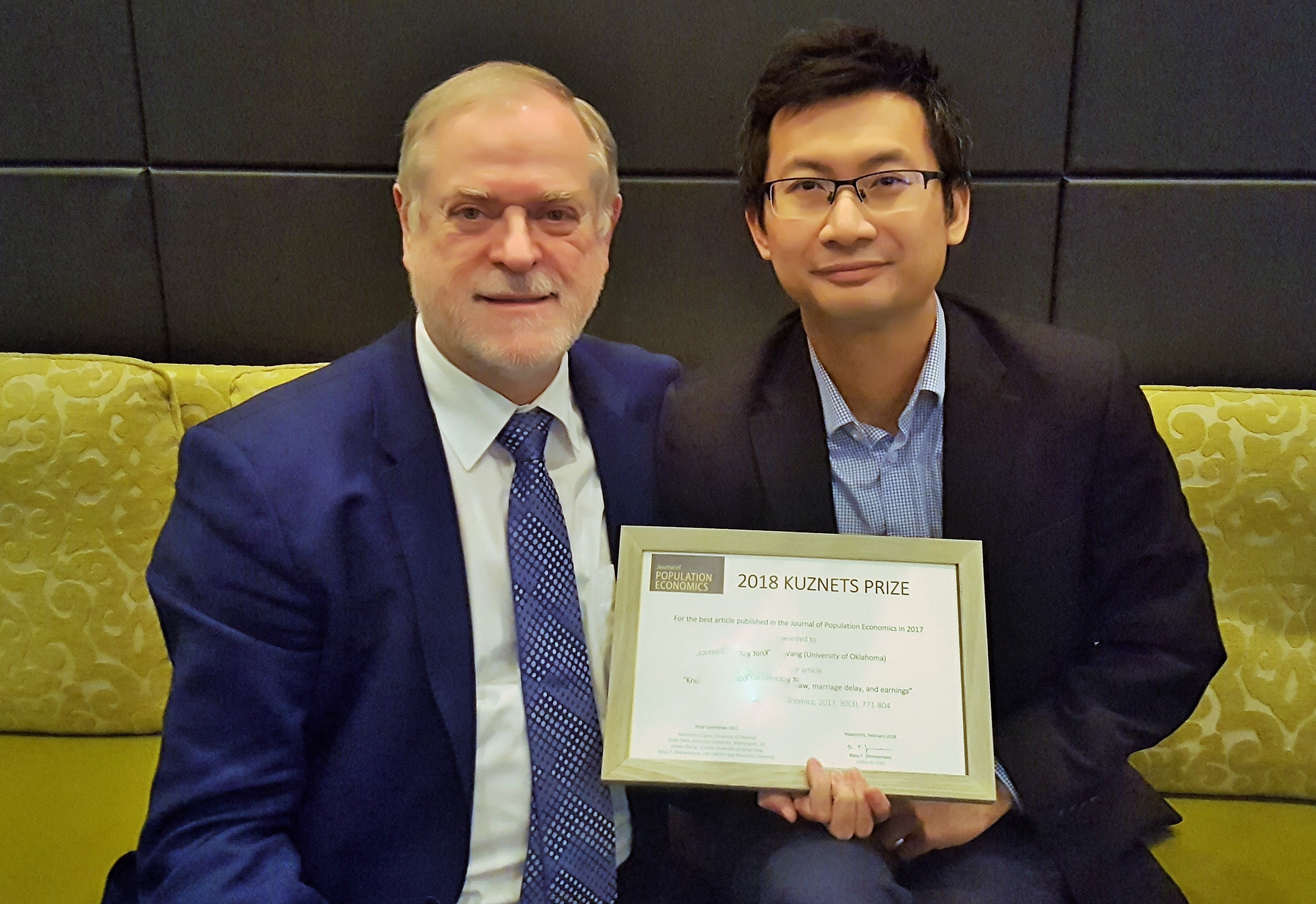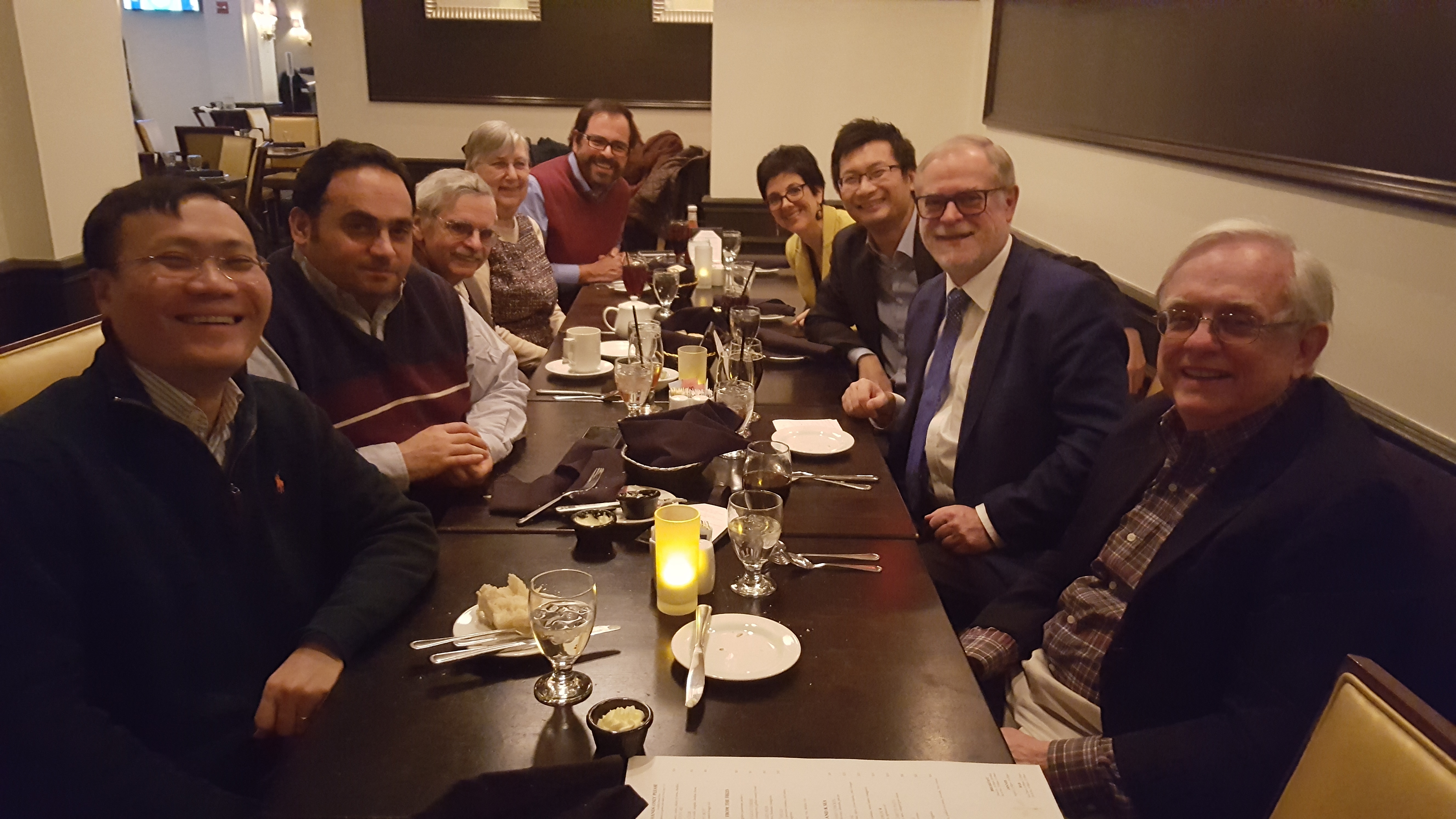The Kuznets Prize 2018 will be awarded to Chunbei Wang and Le Wang of the University of Oklahoma. The prize will be given at a dinner event of the Global Labor Organization (GLO) in Washington DC on February 8, 2018. GLO supports the Journal of Population Economics, and the Editor-in-Chief of the Journal, Klaus F. Zimmermann (UNU-MERIT, Maastricht), who is also the President of GLO, is presenting the prize.
Chunbei Wang and Le Wang of the University of Oklahoma receive the 2018 Kuznets Prize for their article “Knot yet: Minimum marriage age law, marriage delay, and earnings,” which was published in the Journal of Population Economics (2017), 30(3), pp. 771-804. The annual prize honors the best article published in the Journal of Population Economics in the previous year. The article editor of the paper has been Junsen Zhang (Hongkong University) supported by his team of anonymous referees.
What does the article say?
There is a causal effect of marriage delays on earnings, with a stronger impact for females than for males. This works almost exclusively through more education for both men and women.
1 Biographical Abstracts
Chunbei Wang is an Assistant Professor of Economics at the University of Oklahoma and a Fellow at the Global Labor Organization (GLO). Before that, she was an Assistant Professor at Birmingham-Southern College and the University of Massachusetts Dartmouth. She obtained her Ph.D. degree from the University of Texas at Dallas in 2008 and her bachelor’s degree from Jinan University in Guangzhou, China in 2001.
Her research focuses on immigration, entrepreneurship, gender, minorities, and family. Her work has been published in the Journal of Population Economics, Journal of Environmental Economics and Management, Research in Labor Economics, and Industrial Relations, among others.
Le Wang is Chong K. Liew Chair and Associate Professor of Economics at the University of Oklahoma, as well as a Fellow at Global Labor Organization and IZA. He also serves as an Associate Editor of Econometric Reviews and Journal of Labor Research. He also holds a special term professorship at Jinan University. Prior to joining OU, he has held positions at the University of Alabama, the University of New Hampshire, and University of Minnesota. He was also a Women and Public Policy Fellow at Harvard Kennedy School. He received his Ph.D in Economics from Southern Methodist University in 2006 and his B.A. in International Finance from Jinan University, Guangzhou, China in 2001.
His research focuses on questions in the subfields of microeconomics—labor and demographic economics, development economics and public economics—with a particular emphasis on the development and use of distributional/nonparametric and program evaluation methods to address issues in these areas. His work has been published in journals such as Journal of Political Economy, Journal of Econometrics, Journal of Applied Econometrics, Journal of Population Economics, Journal of Environmental Economics and Management Econometrics Journal, Economic Development and Cultural Change, Health Economics, and Industrial Relations.
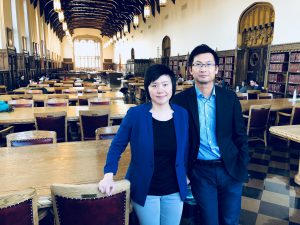
GLO Fellows Chunbei Wang and Le Wang of the University of Oklahoma
2 Abstract of the Winning Paper
“Despite the historical highs for age at first marriage, little is known about the causal relationship between marriage delay and wages, and more importantly, the mechanisms driving such relationship. We attempt to fill the void. Building on an identification strategy proposed in Dahl (Demography 47:689–718, 2010), we first establish the causal wage effects of marriage delay. We then propose ways to distinguish among competing theories and hypotheses, as well as the channels through which marriage delay affects wages. Specifically, we take advantage of their different implications for causal relationship, across gender and sub-populations. We reach two conclusions. First, we find a positive causal impact of marriage delay on wages, with a larger effect for women. Comparison of IV and OLS estimates suggests that the observed relationship between marriage delay and wages is attributed to both selection in late marriages and true causal effects. Second, we find strong evidence that the positive, causal effects are almost exclusively through increased education for both men and women.”
3 About the Kuznets Prize
The Journal of Population Economics awards the ‘Kuznets Prize’ for the best paper published in the Journal of Population Economics in the previous year. Starting from 2014 the Prize has been awarded annually. Papers are judged by the Editors of the Journal.
Simon Kuznets, a pioneer in population economics, Professor Emeritus at Harvard University and the 1971 Nobel Prize laureate in economics, died on July 10, 1985. Professor Kuznets was born 1901 in Pinsk, Belarus, and came to the United States in 1922. He earned his Bachelor of Science in 1923, a Master of Arts degree in 1924 and his doctorate in 1926, all from Columbia University. During World War II he was Associate Director of the Bureau of Planning and Statistics on the War Production Board, and he served on the staff of the National Bureau of Economic Research from 1927 to 1960. Mr. Kuznets was a faculty member at the University of Pennsylvania for 24 years and Professor of Political Economy at Johns Hopkins University from 1954 until he joined Harvard University in 1960. He retired in 1971 and was given the title of George F. Baker Professor Emeritus of Economics. He was a former president of the American Economic Association and the American Statistical Association.
4 Previous Winners
The Kuznets Prize has previously been awarded to:
2017: Binnur Balkan (Stockholm School of Economics) and Semih Tumen (Central Bank of the Republic of Turkey) for their article “Immigration and prices: quasi-experimental evidence from Syrian refugees in Turkey,” Journal of Population Economics 29(3): pp. 657-686.
2016: Loren Brandt (University of Toronto), Aloysius Siow (University of Toronto), and Hui Wang (Peking University) for their article “Compensating for unequal parental investments in schooling,” Journal of Population Economics 28: 423-462.
2015: Haoming Liu (National University of Singapore) for his article “The quality–quantity trade-off: evidence from the relaxation of China’s one-child policy”, Journal of Population Economics 27: 565-602.
2014: Paolo Masella (University of Essex) for his article “National Identity and Ethnic Diversity”, Journal of Population Economics 26: 437-454.
Period 2010-2012: Richard W. Evans (Brigham Young University), Yingyao Hu (Johns Hopkins University) and Zhong Zhao (Renmin University) for their article “The fertility effect of catastrophe: US hurricane births”, Journal of Population Economics 23: 1-36.
Period 2007-2009: Makoto Hirazawa (Nagoya University) and Akira Yakita (Nagoya University) for their article ” Fertility, child care outside the home, and pay-as-you-go social security “, Journal of Population Economics 22: 565-583.
Period 2004-2006: Jinyoung Kim (Korea University) received the Kuznets Prize for his article “Sex selection and fertility in a dynamic model of conception and abortion,” Journal of Population Economics 18: 041-067.
Period 2001–2003: Olympia Bover (Bank of Spain) and Manuel Arellano (CEMFI), for their article “Learning about migration decisions from the migrants: Using complementary datasets to model intra-regional migrations in Spain”, Journal of Population Economics 15:357–380.
Period 1998–2000: David C. Ribar (George Washington University), for his article “The socioeconomic consequences of young women’s childbearing: Reconciling disparate evidence”, Journal of Population Economics 12: 547–565.
Period 1995–1997: James R. Walker (University of Wisconsin-Madison), for his article “The effect of public policies on recent Swedish fertility behavior”, Journal of Population Economics, 8: 223–251.
Editor-in-Chief Klaus F. Zimmermann, GLO President
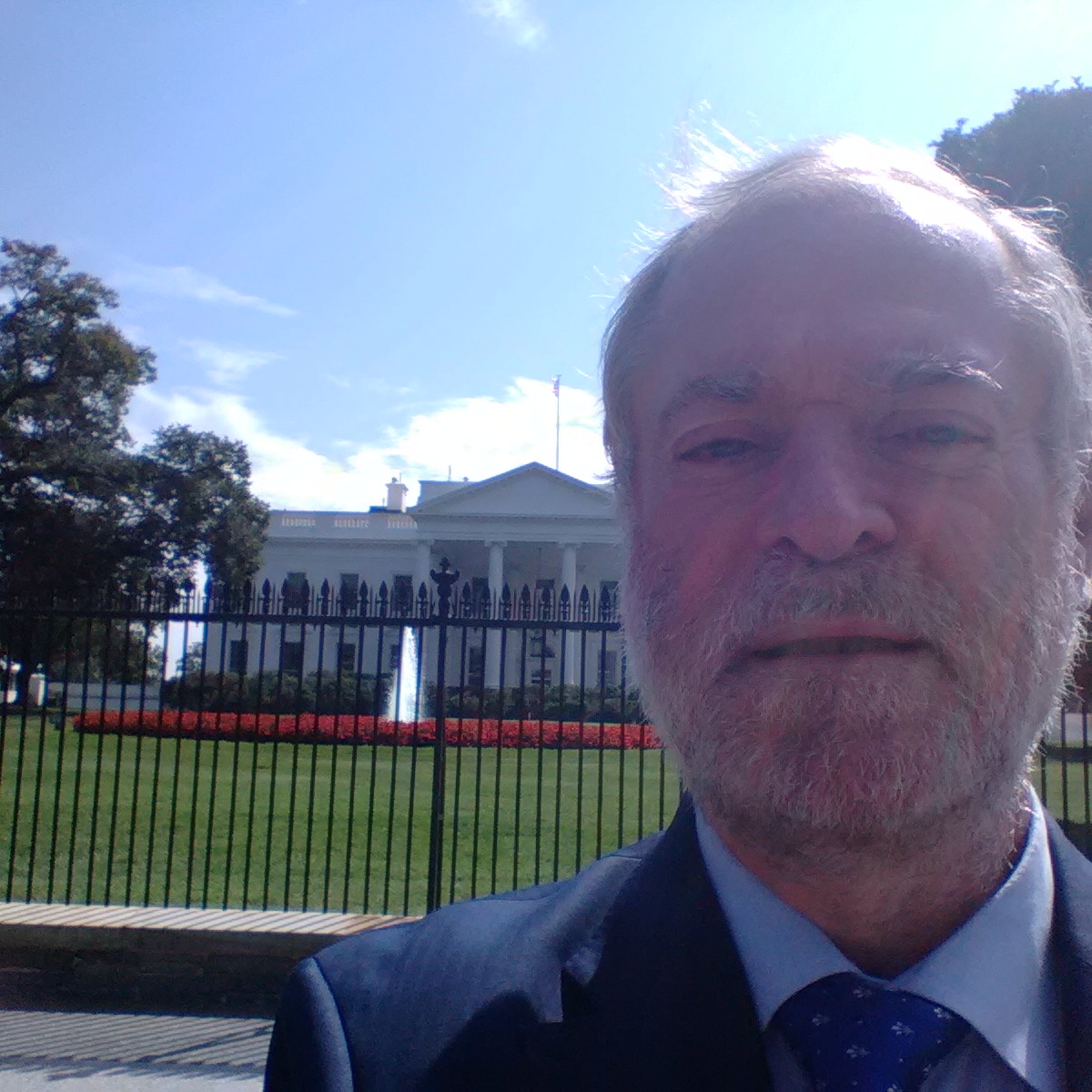

Ends;
